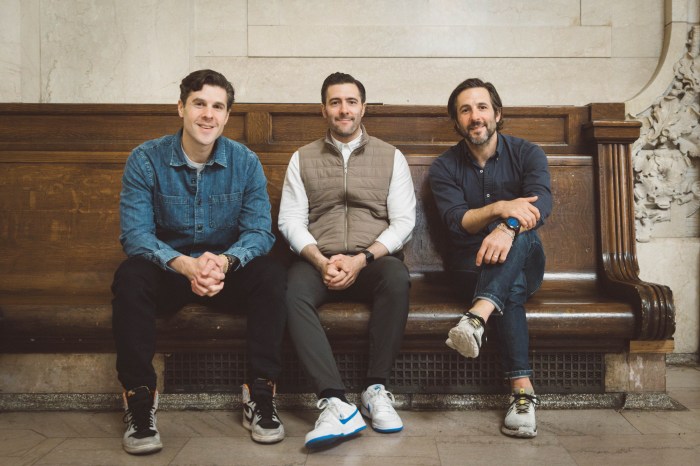Just call him Andy the advocate.
As bitter politics dominate conversations around transportation in New York City, new NYC Transit president Andy Byford said he is looking to stay above the fray.
“I let the politicians do what they need to do,” said Byford, during an appearance on WNYC’s The Brian Lehrer Show Thursday. “My job is to advocate for my customers, my job is to stick up for customers and to relentlessly drive my team doing the right things to make things better.”
His comments came just days after Mayor Bill de Blasio’s administration announced it would fight Gov. Andrew Cuomo’s proposed executive budget — a budget which the administration alleged shifts financial burdens onto the city.
Amid what is just the latest tiff between the mayor and the governor, Byford spoke as MTA chairman Joe Lhota testified on the budget in Albany, criticizing members of the board for what he deemed their playing politics.
Byford, who manned his post as transit chief just over a week ago, said he’s no stranger to wacky politics and pointed to his last gig as CEO of Toronto’s public transit system.
“In fact, I turned up in Toronto right in the heart of the former mayor — rest in peace — Rob Ford’s tenure so I was used to dynamic politics and interesting politics, shall we say,” Byford continued. “I stay out of it.”
On Wednesday, the MTA board tabled contracts up for votes on the next series of eight subway station renovations. The work was part of a controversial $1 billion program championed by Gov. Andrew Cuomo called the Enhanced Station Initiative. Advocates and several MTA board members criticized the initiative as a poor use of authority money because the renovations didn’t address failing subway service or improving wheelchair access at subways. The projects have been delayed — for Byford’s review — thanks to a unified front of opposition from board members representing de Blasio.
The board rarely turns down big projects, especially those close to the governor’s agenda, so many have described the no-vote as a win for fed-up riders. However, Lhota on Thursday framed it as nothing more than a proxy war between Cuomo and the mayor over a necessary program.
“There’s more politics at play here than it has anything to do with the actual plans themselves,” Lhota told state legislators.
To Richard Ravitch, the former MTA chairman and lieutenant governor who helped rescue the MTA from its 1970s decay, the situation has looked grim.
“It’s all f—d up, and you can quote me on that,” said Ravitch during a brief interview, speaking on MTA governance more broadly. “Half of the people who work at the MTA report to the second floor of Albany, the other half elsewhere.”
Ravitch believes the press has “fallen into the trap” of focusing on de Blasio and Cuomo, when really the story is about the “integrity” of the MTA’s board and its failing to work as the independent governing body of the authority. He said the board needs to work with the MTA to develop a clear set of priorities and costs for repairs to the system.
“All I know is the subway system has deteriorated and the MTA board has failed to meet its fiduciary responsibilities,” he said. “The board is supposed to be in charge of the board, not the mayor or the governor.”


































